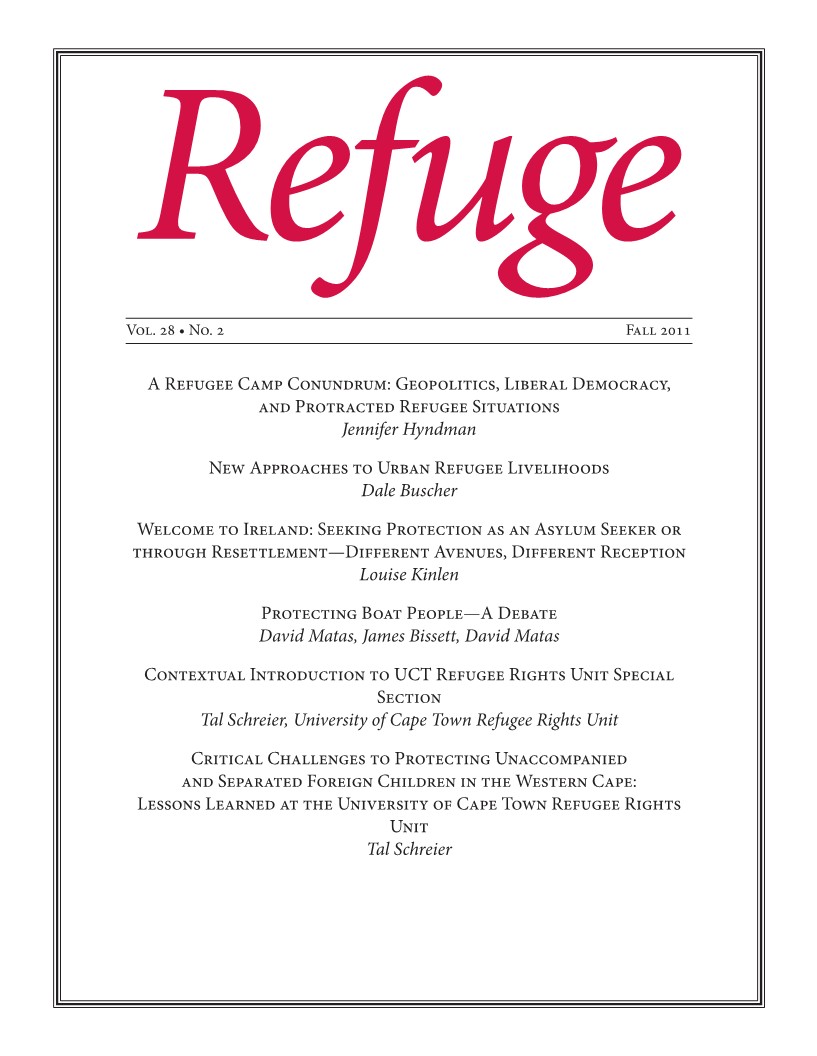Interpreting for Refugees: “Where practicable and necessary only?”
DOI:
https://doi.org/10.25071/1920-7336.36482Keywords:
South Africa, asylum application, refugee status determination, legal interpreting, court interpreting, lawAbstract
Legal interpreting is a highly specialized profession, not simply a function that any bilingual person can perform. Countries that have laws and regulations on court interpreting have them on the basis that everyone (including linguistic minorities) has the right to due process. In South Africa legal interpreting takes place in a variety of state institutions and the Refugee Reception Offices of the Department of Home affairs is one such setting. The present study investigates legal interpreting at asylum determinations and hearings. The focus is on two stages of the asylum application, which are crucial for determining refugee status. This paper aims to explore the right of an asylum seeker to an interpreter at these stages of the status determination procedure. It will also compare this right to the existing right in international law and assess whether South Africa has met the minimum requirement to enable a due process.
Metrics
Downloads
Published
How to Cite
Issue
Section
License
Copyright (c) 2013 Fatima Khan

This work is licensed under a Creative Commons Attribution-NonCommercial 4.0 International License.
Refuge authors retain the copyright over their work, and license it to the general public under the Creative Commons Attribution-Non Commercial License International (CC BY-NC 4.0). This license allows for non-commercial use, reproduction and adaption of the material in any medium or format, with proper attribution. For general information on Creative Commons licences, visit the Creative Commons site. For the CC BY-NC 4.0 license, review the human readable summary.







